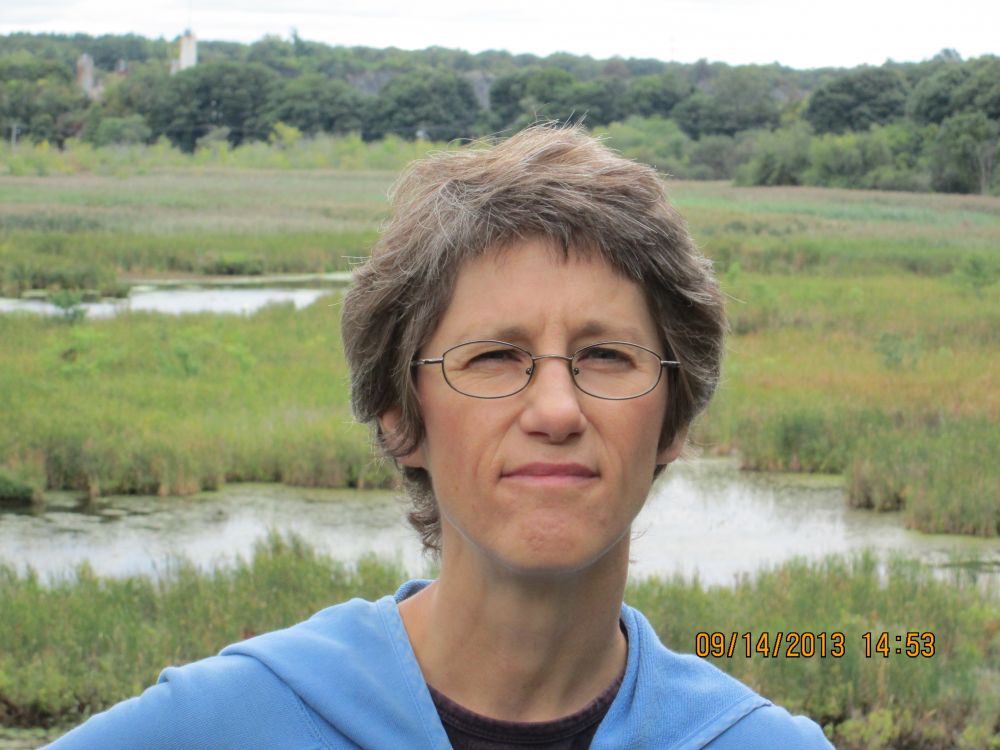
Carolyn Fox is an educator, librarian, historian, and an un/homeschooling mother. She lives in Massachusetts with her UK husband and son.

Carolyn Fox is an educator, librarian, historian, and an un/homeschooling mother. She lives in Massachusetts with her UK husband and son.
Authored Comments
Thanks very much for the comments. Libraries have been grappling to move from a print-based word to one that embraces digital technology and information transmitted beyond the book or type. Some libraries seem to have an easier job than others in making the transition.
Yes, I agree teaching tools should be free and freely available. I was reminded about some of the issues with type and fonts when I visited the Museum of Printing here in MA a couple of months ago. But, of course, the issues with the printing presses, movable type, and the fonts at the museum was connected to the printing presses and printed materials (ie. books, newspapers, magazines) aimed at adults -- and not at children. Gutenberg didn't have children in mind, but look at the phenomenal results of his inventions.
Open source is not often viewed in terms of early learning. However, I think the idea of an open source type for early learners has a lot of merit and is a worthwhile project. I'd be curious to see what happens. I would think the market might be bigger than early learning and might extend to certain special needs groups.